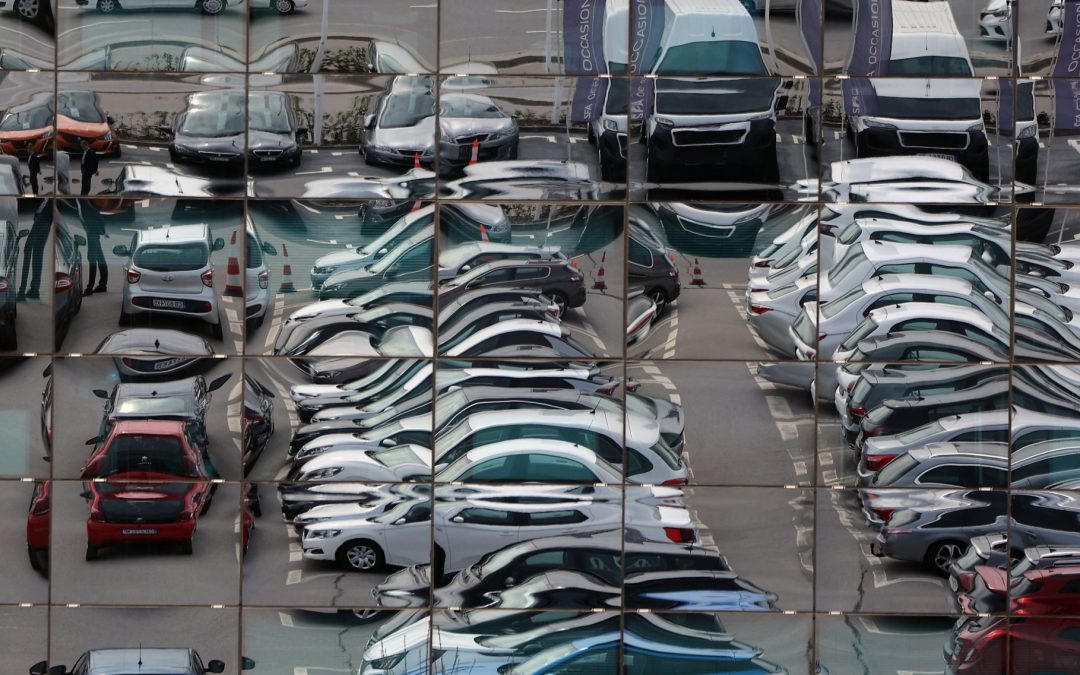BRUSSELS – The new car market in European Union (EU) countries continued to shrink in September (-6.1 percent). The decrease in sales in Bulgaria is a little over 15 percent compared to the same month last year, according to the latest data from the European Automobile Manufacturers’ Association (ACEA).
In most major EU markets, different declines are observed – France (-11.1 percent), Italy (-10.7 percent), and Germany (-7 percent). Among the leading car markets, only in Spain is there an increase in new motor vehicle registrations by 6.3%.
The share of newly registered electric cars in the EU increased in September to 17.3 percent of all new cars, compared to 14.8 percent in the same month last year.
In Bulgaria last month, the share of new electric cars among all newly registered cars was 4.1 percent, and hybrids – 3.4 percent. The share of new cars with diesel engines in the country was 17.3 percent. In Bulgaria, the share of new cars with gasoline engines among all newly registered cars in September was 74.1 percent – a decrease compared to September 2023, when this share amounted to 79.7 percent.
The share of newly registered cars with diesel engines in the EU in September was 12.8 percent, and hybrids – 27.4 percent. A significant decrease in the sales of new cars with gasoline engines was reported in all major car markets in the EU – France (-31.9 percent), Italy (-23.3 percent), Germany (-15.2 percent), and Spain (-10.7 percent).
In June, amid an investigation related to budget subsidies for Chinese electric car manufacturers, the European Commission (EC) proposed the introduction of additional tariffs on the import of these vehicles. The EC’s proposal received the necessary support from the EU countries in October. The EU and China continue to work hard to explore an alternative solution, which needs to be fully compatible with World Trade Organization standards. (October 22)
 go to the original language article
go to the original language article
